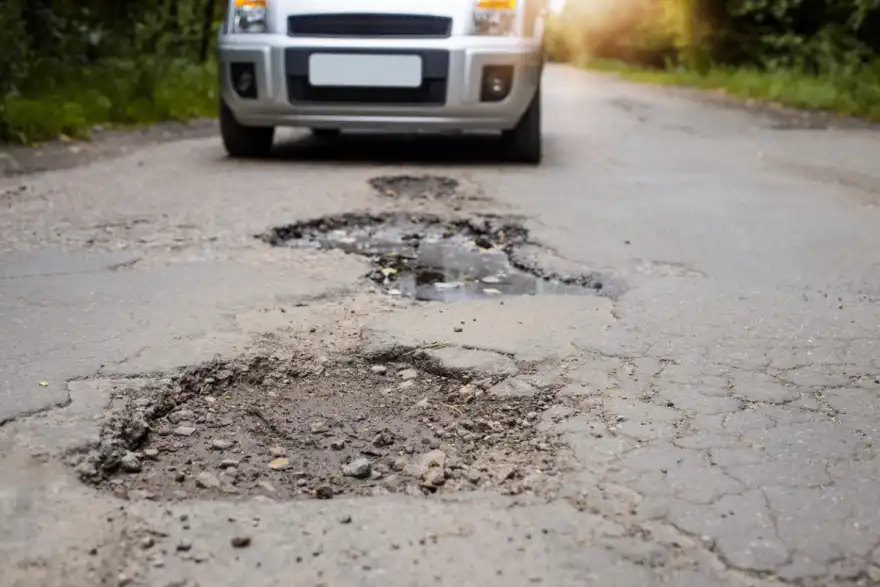
Prime Minister Rishi Sunak has outlined the plan for the £8.3 billion in pledged funding to combat what he termed the "scourge of potholes." Last month, the PM declared the money as part of plans to redirect a portion of the HS2 high-speed rail line savings towards other projects.
Over the next 11 years, the funding will be allocated to England's local councils for road maintenance. The North West, North East, and Yorkshire and Humber will receive £3.3 billion, the West and East Midlands £2.2 billion, and the East, South East, South West, and London £2.8 billion.
Despite councils arguing that the cost of repairing local roads is closer to £14 billion, the Local Government Association (LGA) described the money as 'a significant boost' but stressed the need for longer-term funding to address the repair backlog.
The AA reported near-record levels of call-outs to pothole-related breakdowns, exceeding 450,000 this year. AA president Edmund King remarked that the plan could make a 'considerable difference in bringing our roads back to the standards which road users expect, especially if councils use the cash efficiently.'
Simon Williams, head of policy at the RAC, commented that the funding should go a long way in bringing roads back to a fit-for-purpose state and saving drivers hundreds of pounds from not having to pay for frustrating repairs.
Transport Secretary Mark Harper explained that local authorities can decide how to spend their allocation, emphasising the aim to 'improve the quality of road surfaces in the future' rather than just fixing existing potholes.
The Department for Transport announced an extra £150 million for road repairs in 2023 and the same amount for 2024 and 2025, with the rest allocated over the next decade. The funding is in addition to £5.5 billion for local roads maintenance announced before plans to scrap HS2.
While the decision to scrap the Birmingham to Manchester leg of the high-speed line faced criticism from local politicians, businesses, and some senior Conservatives, Sunak emphasised that the unprecedented £8.3 billion investment would pave the way for better and safer journeys, putting an end to the blight of nuisance potholes.
Data from the RAC suggests that drivers are paying an average of £440 for car repairs after hitting a pothole, with common problems including damaged shock absorbers, broken suspension springs, and distorted wheels.




